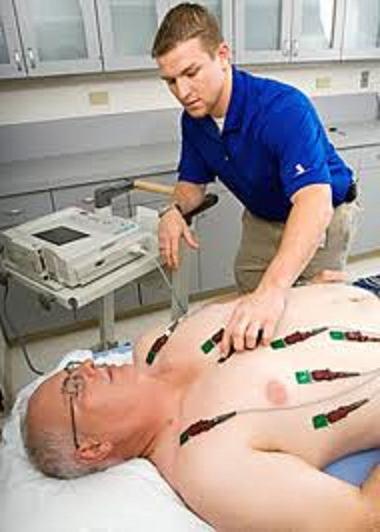What is stricture of the urethra? Causes, symptoms and modern methods of treatment
The stricture of the urethra is a disease accompanied bypathological narrowing of the canal. As a result of these or other factors, the normal mucous membrane lining the urethra is gradually replaced with scar tissue.
Causes of stricture of the urethra

To date, there are several main causes of narrowing of the urethra:
- inflammatory or infectious diseasegenitourinary system. For example, the results of statistical studies indicate that urethral stricture is often a complication of gonorrhea and other venereal diseases;
- result of trauma;
- thermal, chemical or radiation damage to tissues;
- violation of blood circulation - the cause may be atherosclerosis of the vessels of the reproductive system, as well as hypertension and diabetes mellitus;
- congenital pathology.
It is worth noting that the cause of the lesion of the urethra and the spongy body is not always clear.
Urethral stricture: the main symptoms
As a rule, men with a similar disease suffer from a number of very characteristic symptoms. This disease is accompanied by problems with urination.

First, the volume of urine released decreases, the jetsignificantly weakened and there is almost always a feeling of incomplete emptying. Often, before the beginning of urination, there is a long waiting period.
To the signs of stricture can be attributed anduncharacteristic discharge from the urethra. Sometimes in the urine you can see traces of blood. Some men complain of pain in the lower abdomen, as well as burning and discomfort during the very act of urination.
With such problems it is necessary to consult a urologist. In no case can one ignore symptoms or neglect medical aid - the disease is fraught with dangerous complications.
Urethral stricture: treatment

To begin with, the doctor must conduct an examination andexamination, because problems with urination can testify to other diseases. As a rule, the patient is obliged to pass a blood and urine test, as well as a smear from the urethra. Ultrasound and, if necessary, some other studies are also prescribed.
To date, there are several basic methods of treatment, but the choice here depends on the severity of the disease and the degree of growth of scar tissue:
- Buzhirovanie - this is probably the oldestmethods, which was first used in the Middle Ages. Naturally, today, instruments and equipment have changed, but the principle remains the same. Using a special catheter, the doctor artificially extends the narrowed portion of the urethra. This technique is suitable only in cases where the constriction site is very small.
- Internal urethrotomy - during the procedure the doctor with the help of an endoscope conducts the dissection of the tapered site. Unfortunately, as in the previous case, the risk of relapse is great.
- Sometimes men get a urethral stent- these are special springs, which keep the affected area in an expanded state. As for the complications, this detail may eventually shift, causing a number of dangerous problems.
- The most effective method of treatment is plastic surgery, during which the affected area of the urethra is removed, replacing the new, healthy tissues.






